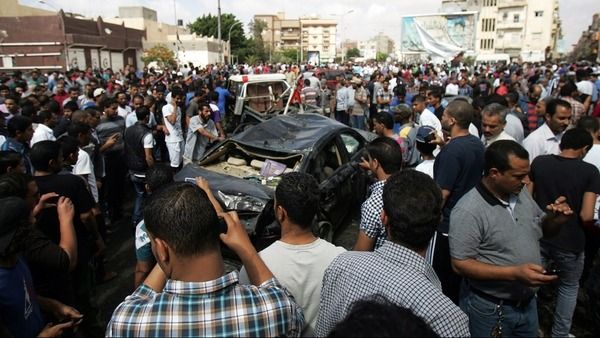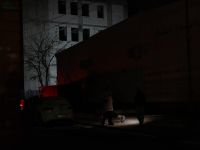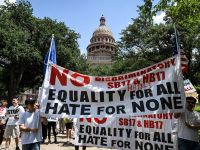On Monday, a car bomb exploded in the eastern Libyan city of Benghazi killing at least 10 people.
The bomb went off near a hospital and is one of the biggest acts of violence the country has witnessed since its civil war ended in the toppling of former President Qaddafi.
According to Abdel-Salam al-Barghathi, a senior security official, who spoke to AFP, the perpetrators of the violence used a remote control device to detonate the explosives, which were attached to a car, parked outside a bakery close to the city's major hospital.
Reports of the 10 fatalaties came from al-Barghathi, who added that 13 others had been injured in the blasts.
There has been some discrepancies regarding the number of casualities, with the Interior Minister, Ashour Shwayel, stating that only two or three had been killed in the explosions. All other estimates put this number much higher, corresponding to al-Barghathi's reports.
According to AFP, Fathi al-Ubaidi, who is a leading figure in the 'Libya Shield', a pro-government militia, said that one man had been arrested in connection with the attacks but no further details were given.
A large demonstration broke out at Al-Sallani area where the explosions took place and people poured into Al-Mahkama Square (Tahrir Square) demanding an end to the acts of violence rippling through Benghazi.
Benghazi is Libya's second largest city and was where the initial protests broke out that resulted in the civil war and the death of Gaddafi.
Since the end of the civil war, it has been governed by militias. Despite being asked to lay down their weapons by the Tripoli government, these militias ensure law and order.
Over the past year, the city has seen outbreaks of violence in the form of assassinations and explosions, like the one seen on Monday.







